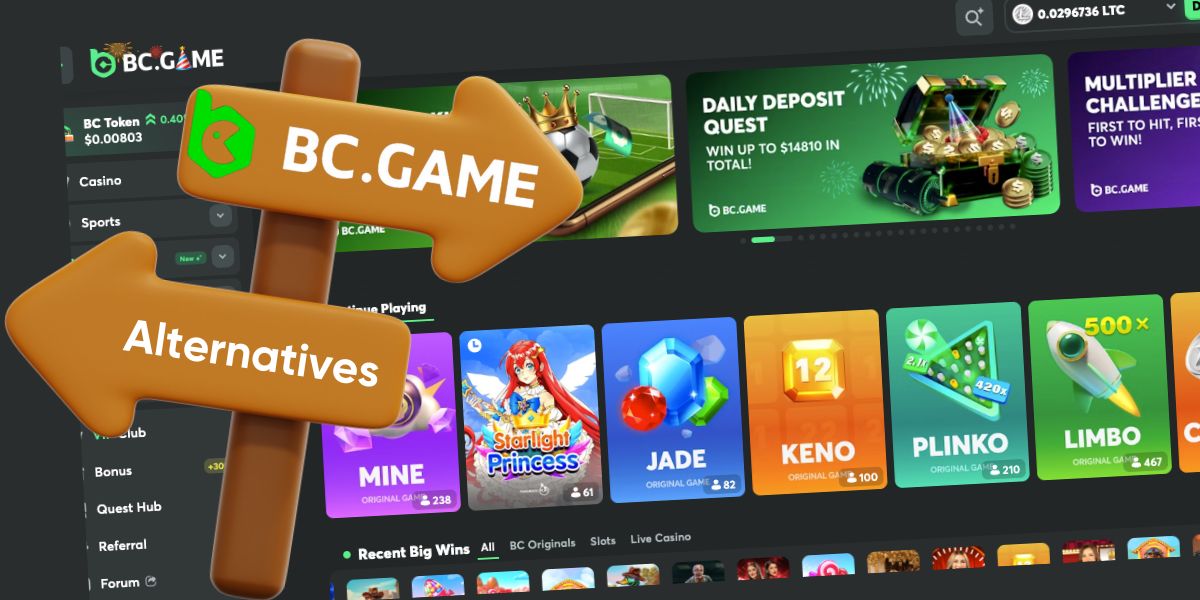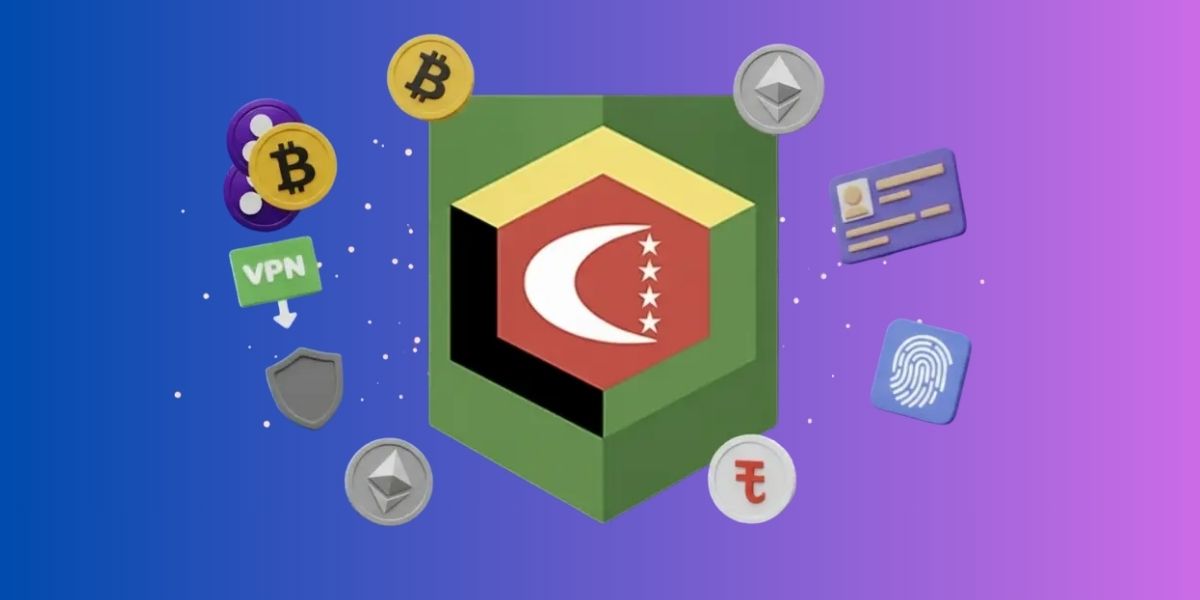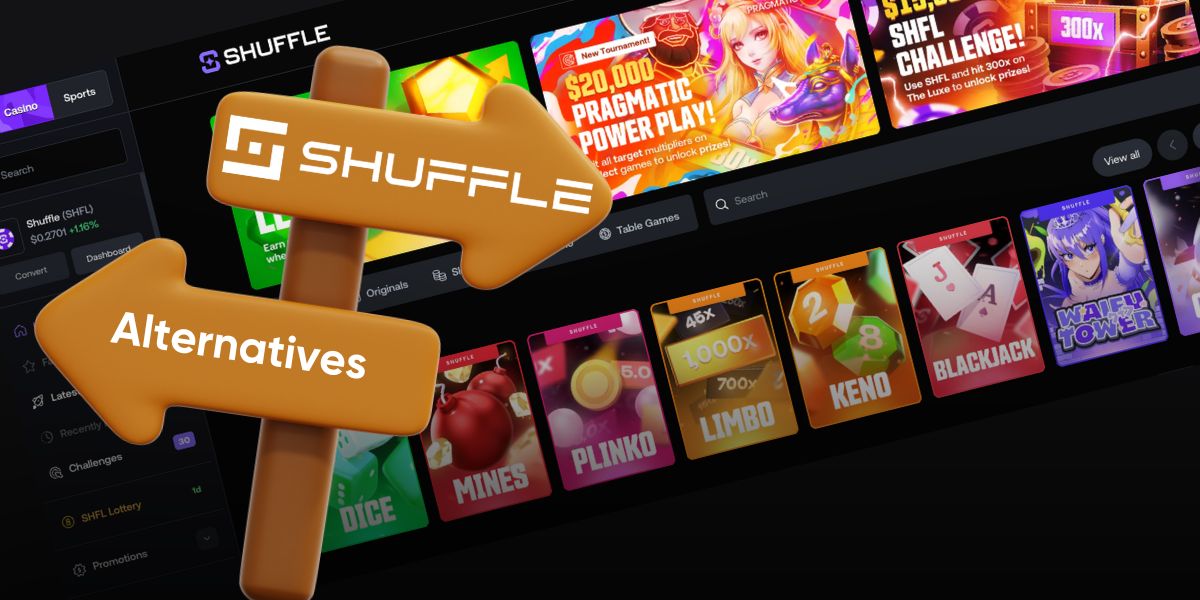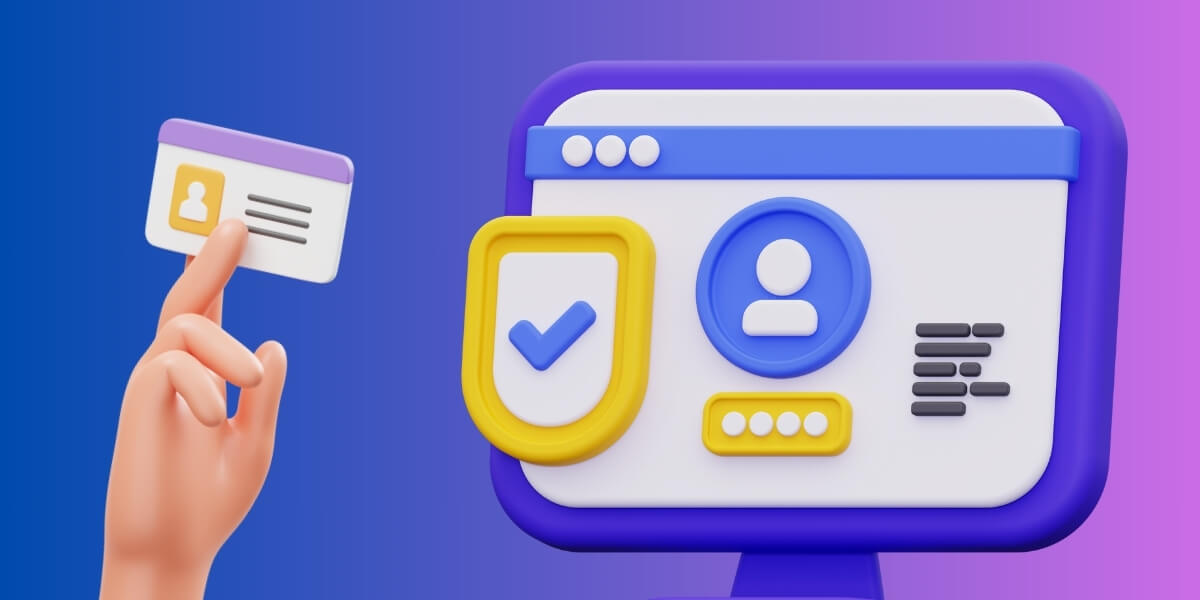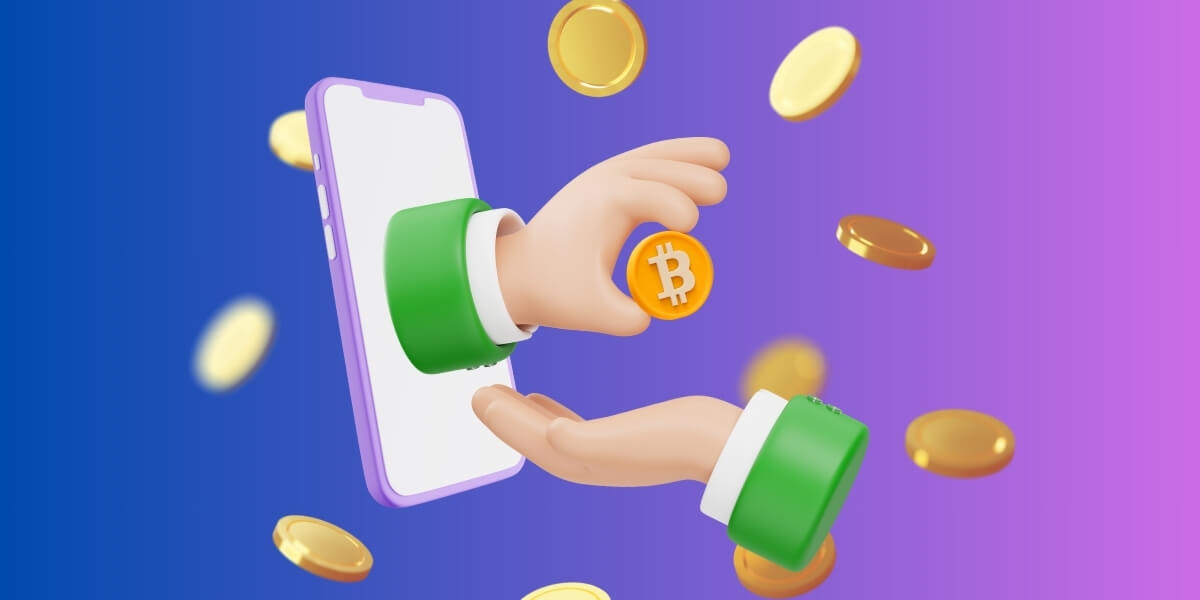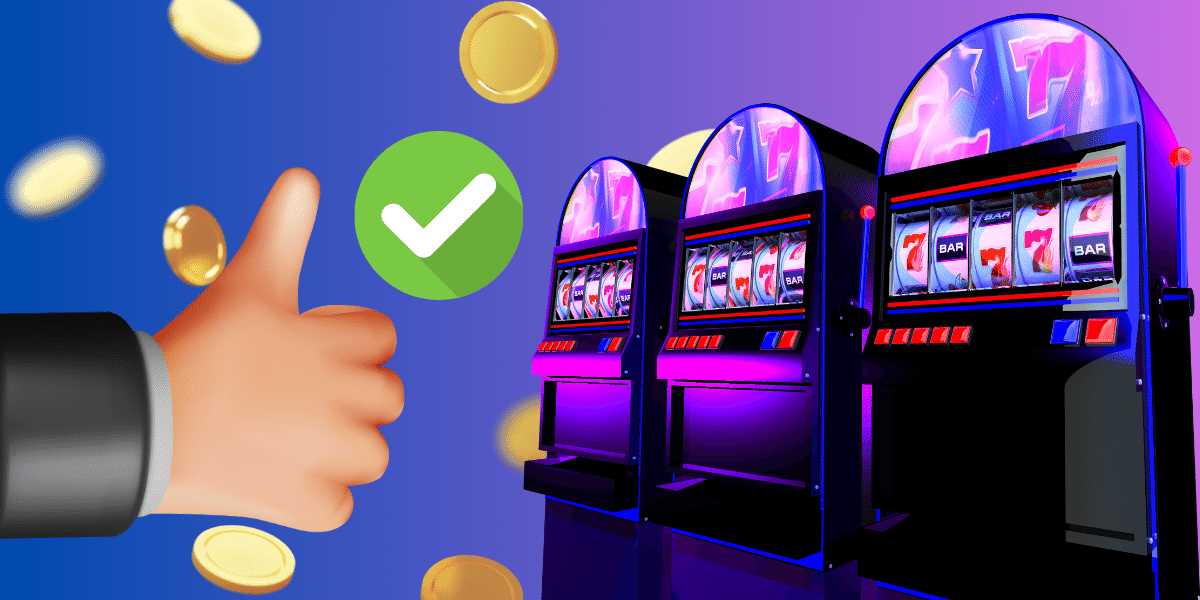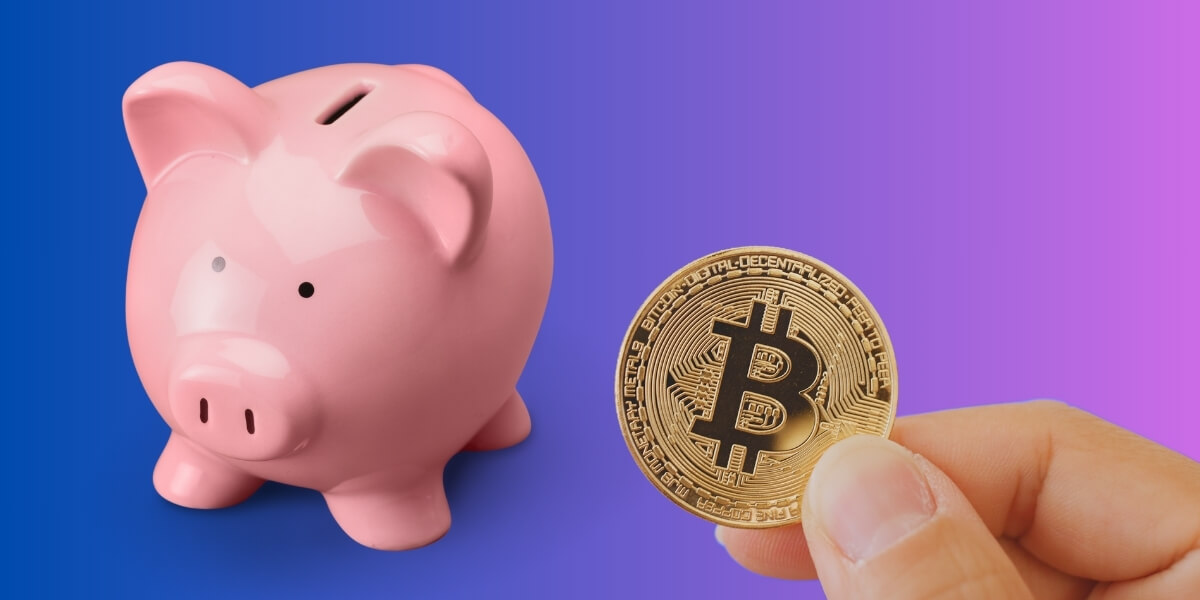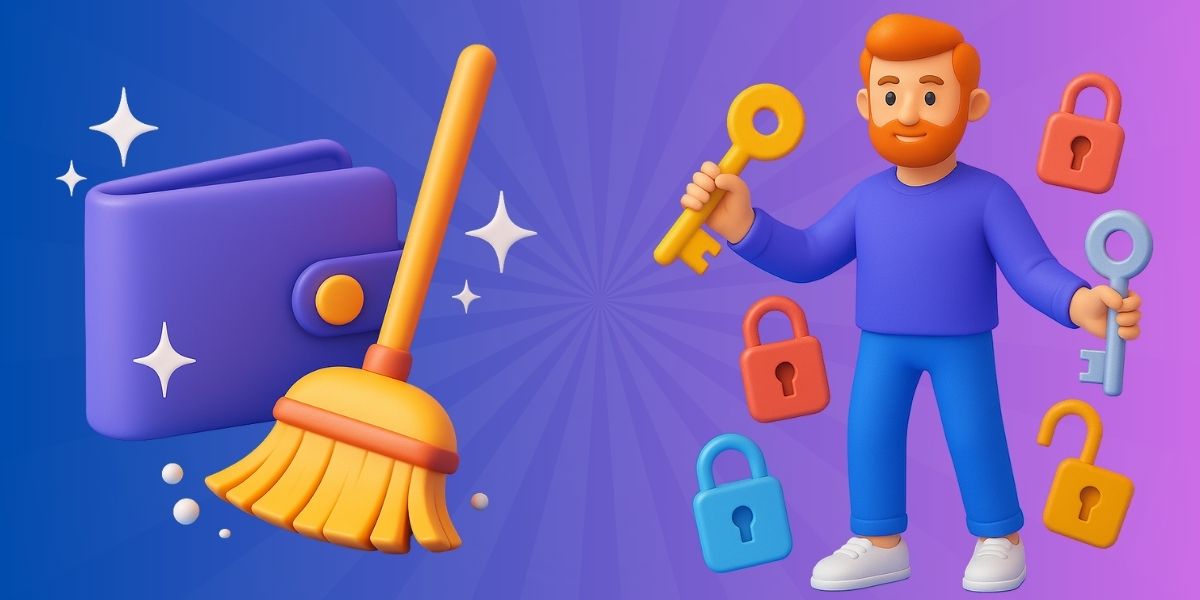
How to practice wallet hygiene when gambling with crypto?
Wallet hygiene sounds technical, but it’s dead simple – it’s how you manage your wallets to protect your privacy, avoid compliance issues, and keep your funds safe.
In 2025, casinos and exchanges are using powerful tools to track where your crypto’s been.
If your wallet’s tied to flagged activity (even accidentally), you could end up with delayed or denied withdrawals.
Let’s go over what that actually looks like in practice.
🔑 Key Takeaways
- Use separate wallets for gambling, DeFi, and storage.
- Avoid wallet reuse, as it makes tracking your activity way too easy.
- Keep KYC’d wallets off casinos to protect your identity.
- Revoke token approvals to prevent hacks and contract exploits.
- Wallet hygiene won’t hide you completely, but it’ll keep you safer, faster, and less likely to get flagged.
Why wallet hygiene matters for casino players?
Crypto casinos aren’t the Wild West anymore. In 2025, wallets are basically your on-chain ID, and what you do with them can follow you across platforms.
Regulated casinos and exchanges use tools like Chainalysis and TRM Labs to scan your wallet activity.
If your address is linked to anything sketchy (even indirectly), it could trigger a payout delay or a full-on KYC request.
This isn’t just about avoiding drama. Wallet hygiene helps you:
- Keep your casino activity separate from your long-term holds
- Avoid blacklisting from risk-based systems
- Reduce exposure to scams, dust tokens, or shady airdrops
And as tokenization in betting becomes more common, wallets aren’t just used to deposit or withdraw – they’re part of reward systems, VIP access, and even game logic.
The same goes for storing your assets. If you’re using a Bitcoin wallet to cash out winnings, keeping it clean could be the difference between instant access or a frozen balance.
Best wallet hygiene practices for crypto casino users
You don’t need to be a privacy nerd to keep your crypto clean. Just follow these best practices to avoid unnecessary risks, delays, and awkward KYC surprises.
- Use separate wallets for different things
One for casinos. One for DeFi. One for cold storage. It’s basic, but it works. This way, a sketchy contract on one wallet won’t mess with your other funds – and your entire history isn’t visible to every site you interact with. - Don’t reuse wallet addresses
Especially important on chains like Bitcoin, but even on Ethereum, address reuse makes it easy to track. If you’re playing regularly, rotate addresses or switch wallets. - Keep KYC’d wallets away from casinos
Did you withdraw from Binance or Kraken? That wallet’s now tied to your real name.
Don’t send those funds straight into a casino. Anyone with access to a blockchain explorer (including the casino) can link you back. - Avoid wallet “taint”
If your address has touched Tornado Cash, scam tokens, or darknet-related assets, even once, you could get flagged.
Casinos using risk-scoring tools might delay or deny your withdrawals based on that history. - Revoke token approvals regularly
Every time you connect to a casino or DApp, you’re giving them permission to access tokens.
Use tools like Revoke.cash or Etherscan’s Approval Checker to cut access after you’re done. - Withdraw to a fresh wallet
Just won big? Bridge your funds out and send them into a clean wallet.
It won’t make you invisible, but it breaks the direct connection between your casino wallet and whatever you do next.
How NOT to protect your wallet: Common mistakes
Even experienced players mess this up. Here are the most common mistakes that get wallets flagged, blocked, or worse – emptied.
- Use one wallet for everything: if your MetaMask wallet is your go-to for casinos, NFT drops, DeFi, and holding your savings… you’re doing it wrong. One bad DApp or scam token approval can mess up all your funds or expose your activity to anyone watching.
- Connecting to shady or clone sites: It’s way too easy to click on a fake site that looks like a legit casino. Once you connect your wallet, you might give token permissions without realizing it.
- Interacting with dust tokens: You got a random airdrop? Ignore it. Clicking or trading those “free” tokens can open you up to wallet drainers or reveal your address to bad actors.
- Sending funds from a CEX to a mixer (or vice-versa): This one’s a red flag in every AML system. If you send crypto straight from Binance to a mixer, or back, your account could get restricted.
Can wallet hygiene guarantee privacy when gambling?
Nope. Let’s be clear – wallet hygiene reduces risk, but it doesn’t make you invisible.
If you’re using a public blockchain like Ethereum or Bitcoin, your transactions are always traceable.
Anyone with time, the right tools, or access to compliance software can piece things together, especially if you’ve ever KYC’d on a CEX.
But good hygiene still helps:
- It separates your activity and protects your identity in day-to-day use
- It lowers the chances of getting flagged or delayed during a withdrawal
- It keeps your main assets safer in case one wallet gets compromised
If you want full privacy when gambling online, you’ll need to use anonymous cryptocurrencies.
But that’s not enough. You’ll also need to pick casinos that don’t require KYC.
Final words
Wallet hygiene isn’t some advanced crypto strategy – it’s just common sense for anyone gambling or spending crypto in 2025.
Keeping your wallet clean can save you a lot of trouble down the line.
Split your activity, avoid sketchy connections, and revoke access regularly.
It won’t make you anonymous, but it will make you smarter and way less likely to hit a payout roadblock.

